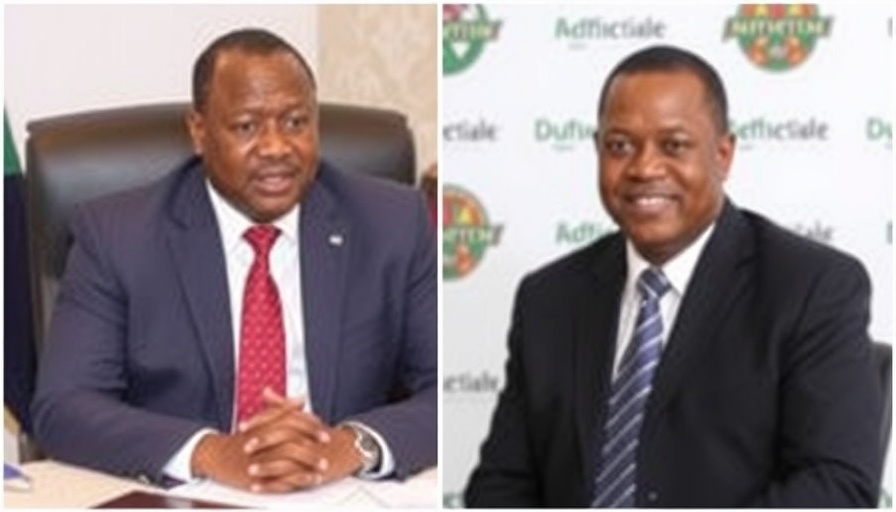
Understanding the Congolese Conflict and International Dynamics
As the crisis in the Democratic Republic of the Congo (DRC) escalates, President Felix Tshisekedi has garnered crucial support from regional leaders against the M23 group's push for a 'parallel' authority. This conflict poses significant implications for Africa's geopolitical landscape, affecting both regional stability and international relations in Eastern Africa.
Regional Solidarity: A Unified Front Against M23
Tshisekedi's responses have been bolstered by the African Union's intervention and support from other African nations. The recent summit emphasizes a collective regional stance against the M23 militants, which underlines the importance of unity in maintaining peace and stability. This approach not only reinforces the DRC's sovereignty but also highlights the intricate relationships among African states in addressing common security threats.
Implications for International Trade and Diplomacy
The DRC's situation has broader implications for international trade, particularly its abundant natural resources. Investor confidence is crucial, as any destabilization could deter potential foreign investments vital for growth in the African economy. Analysts suggest that Tshisekedi’s diplomatic maneuvers may signal a shift in how the international community engages with conflict zones in Africa, stressing the need for policies that prioritize regional stability while acknowledging the economic dimensions.
Future Predictions: What Lies Ahead for the DRC?
As tensions rise, the DRC's future largely relies on sustained regional cooperation and international advocacy. Success in overcoming the M23 insurgency may pave the way for enhanced foreign relations and investment opportunities, positioning the DRC as a key player in the African landscape. However, continued attention to governance, transparency, and the humanitarian situation is vital for achieving lasting peace and securing the DRC's economic interests.
 Add Row
Add Row  Add
Add 


 Add Row
Add Row  Add
Add 

Write A Comment